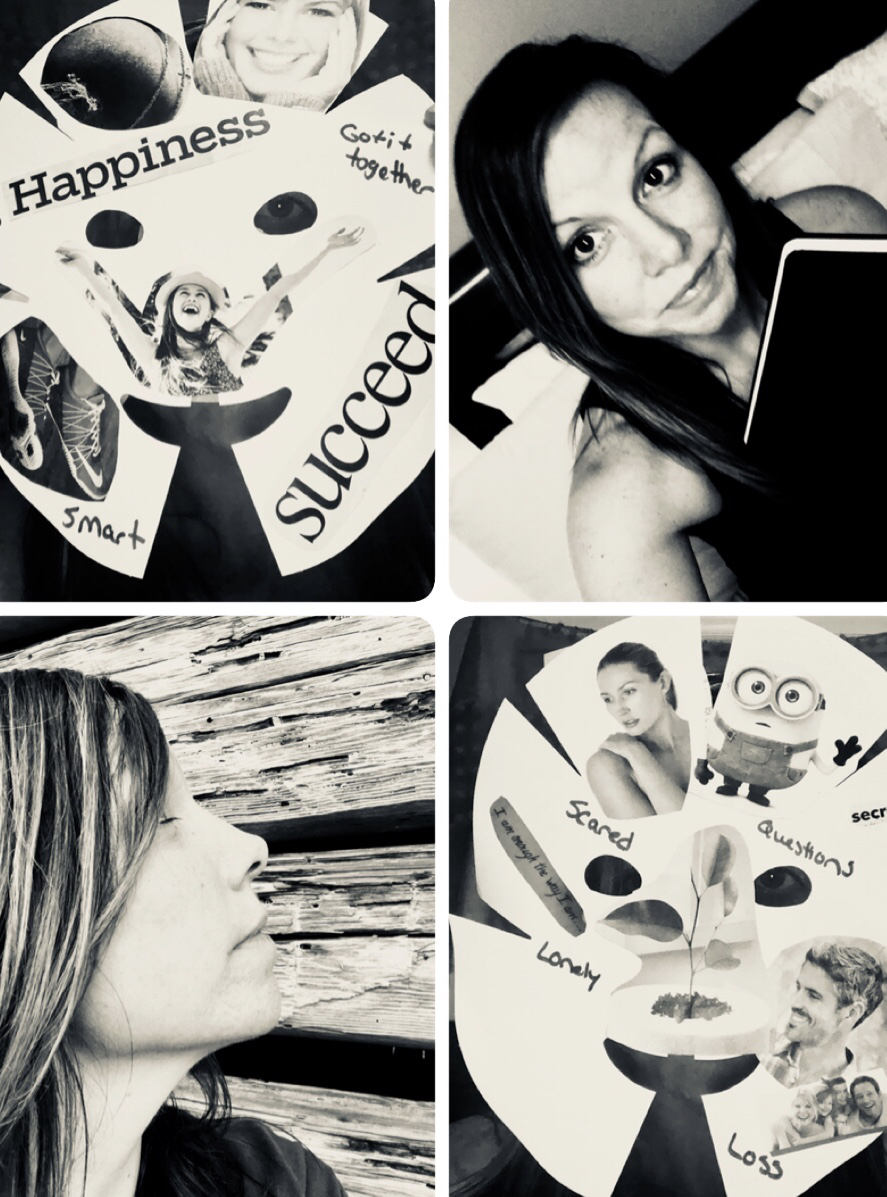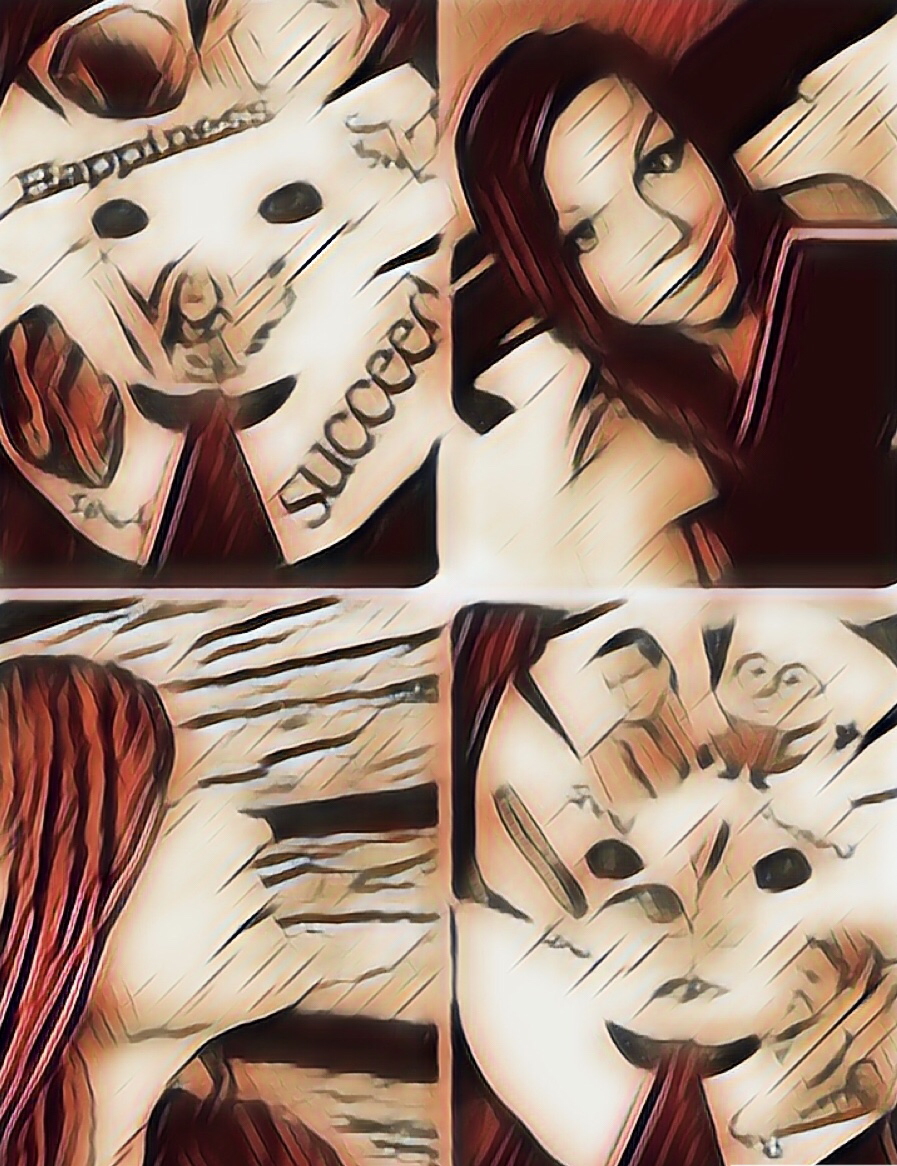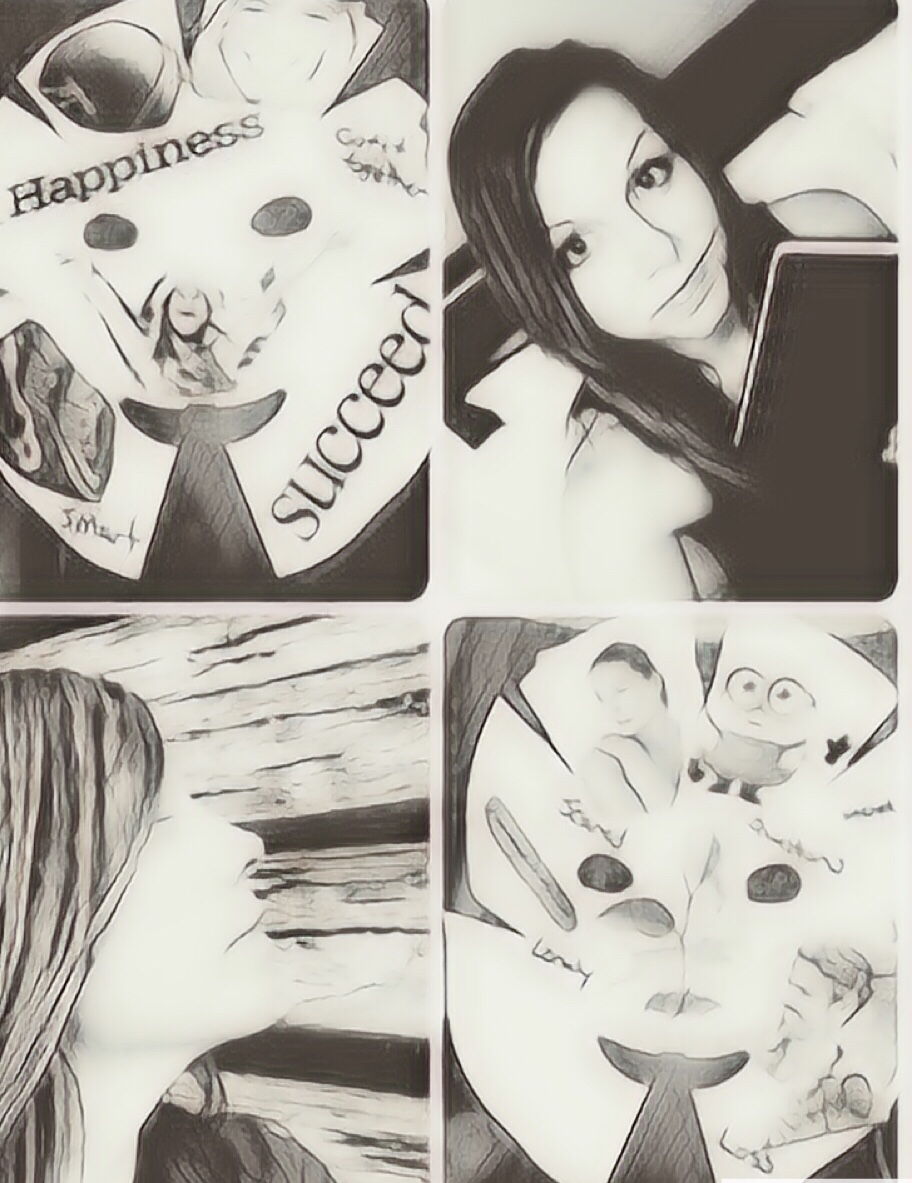Friendly Light
|
Beam Your Light Beyond Your Mask A mask serves to conceal or disguise. We can wear our mask around our family, friends, children, and partners. Or we may even feel the need to put on a disguise around colleagues or people we first encounter. Why? As I thought about how we might mask ourselves, the following types of masks came to mind through reflection of why I might wear a mask: The “This is Me” Mask - on the outside - happy successful, behind the mask - scared, lonely, questions, secrets, or loss. In this state I am more likely to be open sharing things about myself with others and also sharing things about myself that others cannot see on the surface. The “Blurred” Mask - being seen as lacking trust or not having confidence in a situation. Internally, I’m trying to decide what I want to share but not giving myself away. The “Touched Up” Mask - the facade created of my best self but even glossier, showing my best self (interview mask/first, second, third date Mask). Yes, with a filter I can take away the creases, haha. This mask is used to present my best, however, there are things about me that are hidden and not known to others. The “Wall Builder” Mask - keeping others out, not letting anyone in to build trust and choosing to keep the light inside and not shining outside of the cracks in my mask. The masks I share above are my personal reflections. However, I considered what might be one way to explain our masks in certain situations. One phenomenon came to mind and I connect a couple personal examples.
Is it possible that our attempt to conceal or disguise who we are is linked to imposter syndrome. In an article by Kirsten Weir titled, Feel Like a Fraud, she stated “First described by psychologists Suzanne Imes, PhD, and Pauline Rose Clance, PhD, in the 1970s, impostor phenomenon occurs among high achievers who are unable to internalize and accept their success. They often attribute their accomplishments to luck rather than to ability, and fear that others will eventually unmask them as a fraud.” The article focuses on experiences one might find themselves not being there true self and feelings of unworthiness. As I thought more about this in relation to ever having feelings of being an imposter a couple examples came to mind for me. After reading the Meir article, I thought about when I decided to leave my full time job as the Coordinator of Facilities for University Recreation at Central Michigan University. I left excited to pursue my doctor of philosophy degree in higher education. However, once I got to Virginia Tech I felt like I had a huge sign on my head that said who is this sport’s girl, what does she know about higher education and why is she here? She only knows how to throw a ball and play games. And during my first semester someone at the university told me there was no way I would teach and that leadership development did not happen in recreation and sports. I held that with me throughout the program questioning many times my worthiness of being a doctoral student. And in some instances the feeling can still be triggered. This year I began my tenth year as a faculty member (3 years at James Madison University and 6 years at Elon University to date). During my time as a faculty member I have served in full time faculty position’s held in sport and recreation management departments. My professional background is primarily in campus recreation and community sport (parks and recreation, YMCAs, Boys and Girls Clubs). I remember my first year teaching I was worried about not having passion for professional sport teams, I still do not follow any professional sport teams. At the time I struggled with embracing my strengths and expertise with what I thought I had to be versus what I brought to the table. A funny example of this was when I had a student ask me in class one day in 2010. “Dr. McFadden what is your favorite NFL team?” I hesitated, should I tell the truth. Or put up a front. In that moment I decided not to hide by who I thought I needed to be perceived as and I said, “I don’t have a favorite NFL team or MLB, NHL, MLS...” ...the student said, “you don’t.” I rebounded with, “I don’t, wow that feels good to say. Every professional sports team I’ve ever followed was based on the man in my life not because I liked the team. I’m currently a Philadelphia Eagles fan (my ex-husband’s favorite team). I’ve also been a Washington Redskins fan (my dad’s team), Dallas Cowboy fan (high school boyfriend) and so on.” I thought for a moment eight years ago that my students and peers would think I was a fraud because I’m not a die-hard fan of professional sports. To be good at sport and recreation management you do not have to be a die-hard fan. I share these light hearted examples to express how many of us will have moments where we mask who we are because of inadequacies we may feel we have and will hide our true self. Being authentic and sharing our true selves by being vulnerable about who we are can be used to assist us in taking off our masks. About five years ago I wrote the following in my journal:: Masks We Wear Yours shines and sparkles like mine A façade we share for others to see, and... All we want to do is wear someone else’s when truly we don’t know what we see, we perceive what we see What if the truth of this disguise was exposed? Concealing our true selves because of what others might think All they would do is judge and talk Why can we not be free for all to see? A front hiding behind these walls, time and time again Maybe it is only me building up walls to protect the real me All of the outsiders truly do not matter or do they Why am I hiding and caring about what others think? Yes, we can all say I’m true to who I am. Are you? Am I? Oh, the masks we wear Why do we conceal who we are? And why do others conceal who they are? May we let our lights beam beyond our mask, the light will shine as you peal back the mask that protects your from revealing your true self. 1. Share pieces of who you are, your creases of life. 2. Listen and look for the light behind the mask of others. 3. Be brave even when you feel your mask covering your face. There will be days where we want to protect ourselves by wearing our masks. However, we can consider how removing our mask may give strength for another as well as our vulnerability will let others in. Proverbs 4:23 states, “”Keep your heart with all diligence, For out of it spring the issues of life.” Yes, guard your heart. Consider your choice to wear a mask where the light stays in and you are safe from attack. Or consider to wear a mask that cracks to share your light with others, to share your “true self”.
1 Comment
Keith Fonseca
7/22/2018 09:19:37
Touching. Truth. I am the embodiment of having worn that mask and now tearing it off for freedom, regardless of the pain, the confusion and contradiction..... and the freaking out my head and heart have done at the appearance of vulnerability and loneliness. It’s brutal and a total rebirth all at the same time. Thank you for this. Brought me to tears. Had to read it more than once.
Reply
Leave a Reply. |
|
Proudly powered by Weebly



